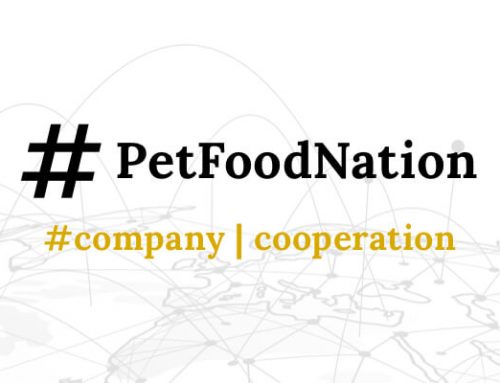Private label pet food products are making waves in the European pet food industry, as per recent data from Circana. Retailers across the EU are increasingly offering private label options, prompting many pet owners to shift from established brands to these in-house formulations. In 2022, EU retailers expanded their share in the €10.8 billion ($11.4 billion USD) pet nutrition sector by a notable 18%, translating to about €3.6 billion or $3.8 billion USD, across Europe’s key pet markets.
Private label products now command a substantial 34% share in the European pet food market, particularly dominant in Germany and Spain, according to Circana. In the broader fast-moving consumer goods (FMCG) market, private label products constitute a noteworthy 38% of value sales in Europe, totaling around €229 billion or $241 billion USD.
In addition to rising pet ownership rates and inflation, innovation in the sector surged to 39%, with a notable focus on breed and age-based nutrition. This trend, led by manufacturers and retailers in the UK and Italy, aligns with the surge in new pet ownership witnessed during the pandemic.
New product launches in the pet food sector, including private label and national brands, contributed to 9% of total pet food sales in 2022, according to Circana’s data. This innovation was most pronounced in Germany and the Netherlands, where new product launches accounted for 28% and 11% of total pet food sales, respectively.
Despite widespread inflationary price increases, the pet food market demonstrated resilience, experiencing only a marginal 0.4% increase in unit sales, according to Circana. In contrast, unit sales of frozen human food products declined by 4.1%.
“Led by manufacturers and retailers in the UK and Italy, there has been a lot of innovation around breed and age-based nutrition,” highlighted Ananda Roy, global senior vice president of strategic growth insights at Circana. “This health and wellness focus taps into the boom in new pet ownership that started during the pandemic and allows manufacturers to follow the life of these pets as they grow. Other innovations include the use of human food ingredients, such as vegetables and pulses as a source of high protein, low fat and balanced nutrients, especially where traditional ingredients may cause allergies or sensitivities.”
He continued: “Pet food has traditionally been dominated by trusted national brands, so the strides retailers have made developing as good as quality alternatives that appeal to consumers’ very real need to lower the cost of their shopping basket are remarkable. It highlights, once again, the growing regard for private labels; more consumers perceive them as being innovative and as good or better than many of the national brands that they compete with. The quality of private label pet food in particular, with specialized nutrition or the inclusion of high-quality human food ingredients, differentiates private label significantly.”
Beyond the pet food market, Circana noted robust growth in the pet treat and toy sectors. Both categories saw a remarkable 13.1% growth throughout Europe in 2022, contributing an additional €50 million ($52.5 million USD) in value sales to the overall pet sector.



